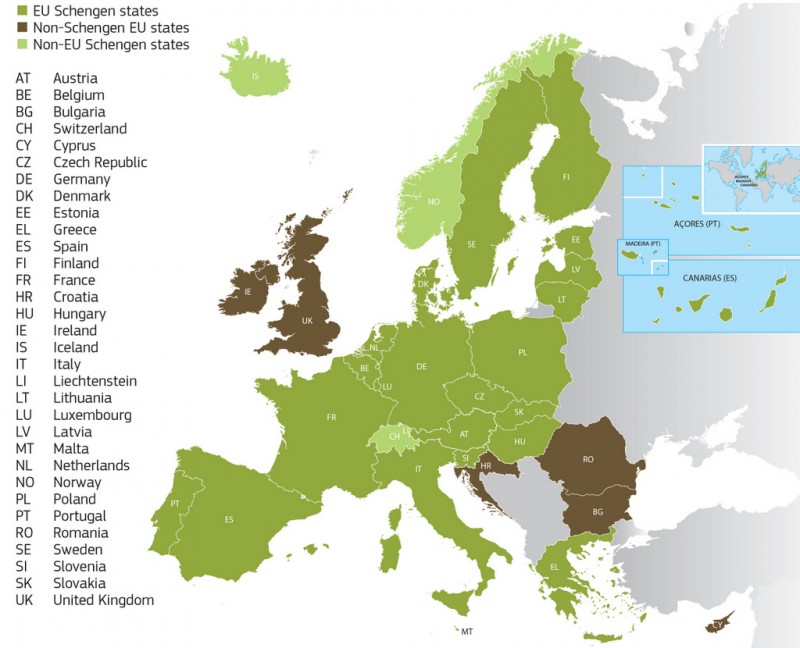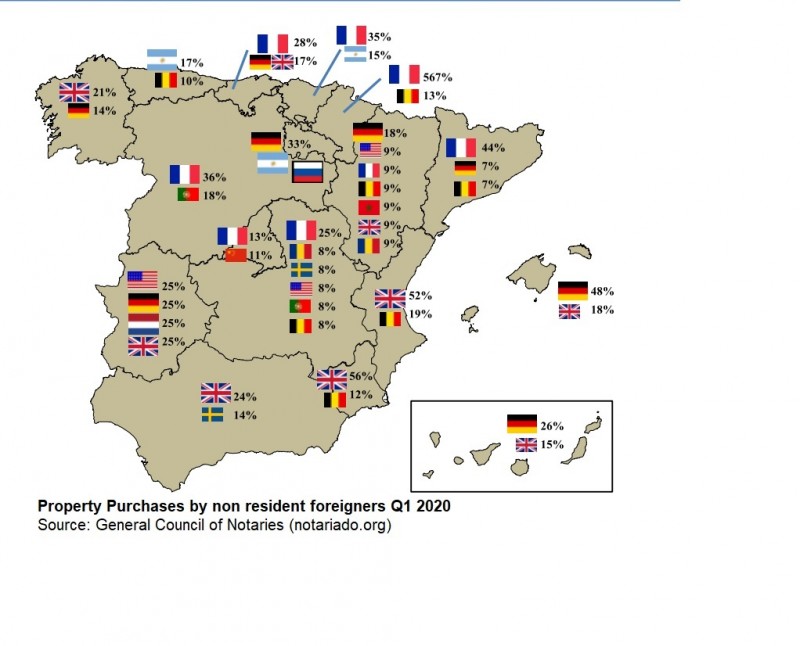Can I get a visa to extend my holiday in Spain for more than 90 days at a time
Social media is giving misleading information and creating confusion;a non-lucrative visa is not a mechanism by which a holiday can be extended past 90 days

No: Under post-Brexit travel rules British expats cannot spend more than 90 days at a time in their Spanish holiday home unless they apply for residency.
Spain has long been a popular destination for Britons fleeing the cold winter months of the UK for the sunnier climes of their second home in regions such as Andalusia, Murcia and Alicante province with many choosing to split their time between the two countries and stay in Spain for the whole winter.
However, post Brexit, these so called “swallows” are now finding that their wings have been clipped and they cannot spend more than 90 days at a time (ie 90 days in one continuous period) in their Spanish home (and a maximum of 180 days per year with a 90 day break following a 90 day stay).
Social media posts stating that a non-lucrative visa can be obtained to extend the stay for more than 90 days have been rife, but this is not the case, 90 days means 90 days and unfortunately for all those who habitually spend several months in Spain the ability to come and go at will within Europe has been curtailed by the Brexit process.
The Spanish Consulate in London has confirmed that this is the case saying, in response to enquiries, that “Spain does not provide tourist visas for four, five or six month stays in Spain. If they (UK citizens) want to stay longer than 90 days, they have to apply for a Residence Visa”.
Residence is of course, a completely different kettle of fish and is itself a complicated process designed for those who wish to move lock, stock and barrel to Spain and make the country their permanent home.
Click here for full information about all the different types of visa available and basic information for those considering moving to Spain, who will now find the whole process a lot more difficult because of Brexit.
Restricted Freedom of Movement
Post Brexit the right of a UK citizen to travel within most parts of mainland Europe is controlled by the Schengen treaty, an agreement signed by 26 European countries that have agreed to function as a single jurisdiction for international travel. The UK did not sign up to this treaty and is therefore outside the Schengen zone. Nevertheless, UK citizens are on the list of countries whose citizens are permitted to enter without the need for a visa for a period of up to 90 days in any 180-day period.
Non-resident British nationals entering Spain (or any other European country) will now receive a stamp in their passport providing proof of entry and exit to ensure that the 90-day rule is observed and may be asked to also provide proff that they will be leaving the country before the 90-day deadline (proof of return flight, ferry ticket etc).
Penalties for Overstaying
Overstaying your welcome could be costly. Overstayers, in theory at least, can face deportation, fines, and be banned from re-entering Spain, and any other country in the Schengen zone, for a period of time. What remains to be seen in how strictly the rules will now be enforced here in Spain.
The British Ambassador, Hugh Elliott, has addressed the issue saying “The Spanish government has been clear that it will take a pragmatic approach to anyone stuck in Spain due to circumstances beyond their control so I don´t want people to be worried on that count. However, if people do not intend to become resident in Spain, and see the UK as their base, we do expect them to take steps to return to the UK”.
The need to apply for residency after a three-month stay in Spain is nothing new. The British Embassy issued a press release in April reminding its citizens that “All foreign nationals intending to stay in Spain for more than three months have always been obliged to register for residency – whatever their nationality”.

Is Spain likely to create a long stay tourist visa?
There is currently no evidence to suggest that Spain intends to provide longer stay tourist visas but that may change if the sale of property to British buyers takes a notable hit.
Currently Britons top the lists of non-resident holiday home buyers in several regions in Spain, having 24% of the market share in Andalusia for example in Q1 of 2020, just before the pandemic hit. (see diagram).
However, given the economic destruction left in the wake of the Covid crisis, it is entirely possible that the attention of the Spanish government may be focused elsewhere for the foreseeable future.
There are certainly many other details relating to the Brexit process which require clarification and worrying about extending holidays for foreign visitors may not be top priority.
The Spanish government has shown itself willing to make exceptions for British nationals; the decision to allow British residents into Spain on May 24 when other third country nationals were still being excluded from Spain and the decision to permit a further six month extension for those who have notified the DGT of their intention to change their driving licence from UK to Spanish are both evidence of the willingness of the government to take reasonable decisions.




















